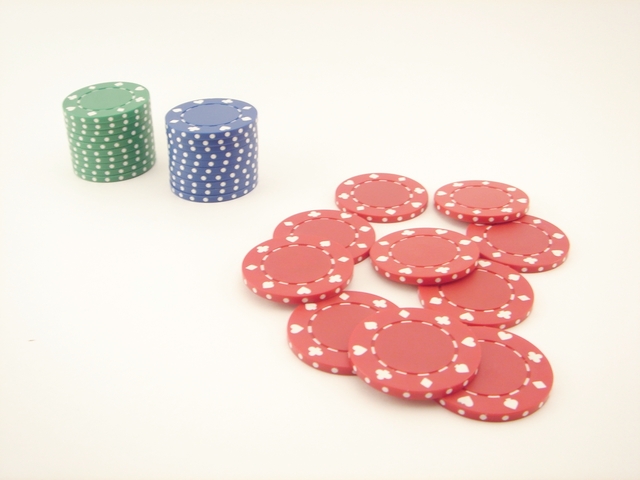Law of Gambling in Games
For a long time, gambling and computer games had rather minor overlaps. While gambling in traditional and online casinos have always been about winning money, gamers usually focus on having fun. But now the boundaries are fluid. In view of the high production costs, game manufacturers are trying to develop new sources of income.

The topic of gambling in computer games in connection with loot boxes is particularly discussed.
In contrast to other in-game purchases in online shops, the player does not specifically buy the desired item here, but only a virtual box, the contents of which are unknown to him until it is opened.
In some games, users can find these virtual boxes at irregular intervals more or less randomly (“drop”), but cannot open them without the corresponding key. The key is then available for purchase as additional content.
A random generator decides which content is in the loot box, so that the player has no influence on the win. In the best case scenario, it contains an item that is “valuable” for the game and that enhances the user’s gaming experience in a positive way.
The answer to whether the content of the boxes is to be understood as a win in the sense of the definition is decisive for the classification as a game of chance.
Assuming this, the purchase of a loot box would be the acquisition of a chance to win. Since the contents of the boxes are only virtual objects, one might think that there is no market-related relevance here and that they therefore have no asset.
However, the items contained in the boxes can often be purchased in the games’ virtual shops for real money, so that they have an economic value at least in the context of the game. After all, the player could have acquired the item there too.
In addition, there are virtual marketplaces on Steam or similar platforms where players can offer their items from the loot boxes to others for sale for real money. Since some of these items are quite rare, three or even four-digit amounts can quickly be involved. Since the items can be purchased and sold for a fee, they definitely have a market value.
In turn, it becomes problematic when the game operator prohibits trading items on a black market operated by third parties for a fee. Because then the objects would have no asset due to the prohibition of assignment contained in the GTC.
In the case of loot boxes, it also depends on whether a not inconsiderable amount of money is required for their acquisition. Here, too, there is still disagreement as to whether and when this threshold is exceeded.
It is said that the purchase of a single box does not require a significant investment in view of the low price of usually less than two euros.
However, there is now consensus that the materiality threshold is exceeded when buying several boxes in a package. It is therefore quite possible that loot boxes could fall under gaming law, depending on their design.

